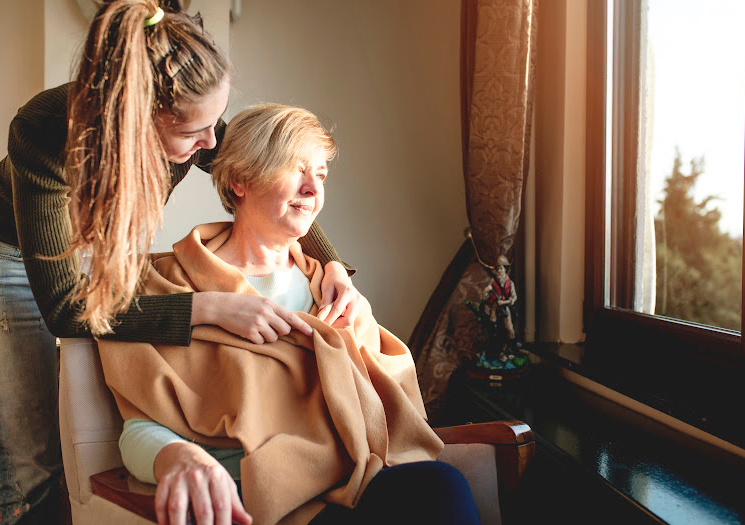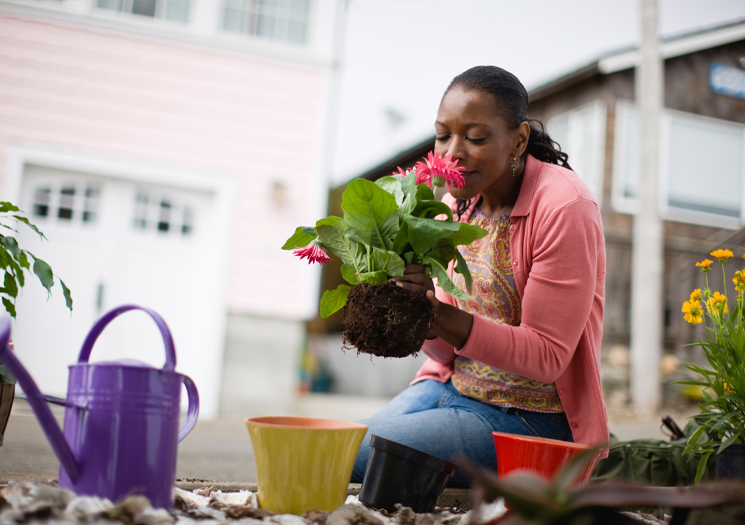- Find a Provider
-
Services
-
Redeemer Health provides compassionate care across every stage of life.
- View all Services
- Health Care
- Cancer Care
- Heart Care
- Hospital at Home
- Maternity Care
- Infusion Therapy Center
- More Health Care Services
-
- Patients & Visitors
- Locations
- Careers
How to Combat Pandemic Burnout and Fatigue
February 4, 2021
categories:

At the beginning of the COVID-19 pandemic, many people felt scared, worried, and unsure of the future. As the world continues to combat the pandemic, it is important to remember the importance of practicing self-care. Dr. Daniel Hartman, VP of Outpatient Behavioral Health, Holy Redeemer Health System, describes some key considerations to think about when practicing self-care.
Recognize and process your emotions.
Feeling melancholy and irritable is common when you experience high levels of stress. “After nine months of living through the pandemic, many people feel fatigued and tapped out emotionally,” says Dr. Hartman. “When we enter periods of high stress, our bodies activate the nervous system–which can lead to tense feelings, higher blood pressure and higher heart rate.”
When you feel rundown, there is a greater likelihood you will make poor decisions, as you are not thinking clearly. If you do not address these feelings, they will not go away. Make a promise to yourself that you will pay attention to your body. Take time to recognize, respect and process your emotions to enhance your day-to-day outlook on life. When you choose to address these emotions, you are choosing a healthier emotional outcome.
Prioritize physical, emotional, and spiritual self-care each day.
The next step in the self-care journey is prioritizing self-care across the spectrum. “Each day, prioritize physical, emotional and spiritual self-care,” says Dr. Hartman. “Exercising is one of the most powerful activities in terms of preventing burnout. Whether you go for a 10-mile run or a brisk 10-minute walk, these physical activities will help your body to process some of the emotions you are feeling.”
Similar to physical self-care, emotional self-care can take many forms. You might find some release in something as simple as keeping a daily journal to track your feelings and reflect on areas you want to work on. Actively listing out your emotions helps to ensure you are taking time to respect and process what you feel in real time. This journal might even help to reduce anxiety, given you are tracking your progression in bettering yourself.
Finally, spiritual self-care can span across participation in many activities, such as breathing meditation, yoga, or prayer. These activities can activate the parasympathetic nervous system, bringing your heart rate and blood pressure down and encouraging feelings of relaxation.
Take time to rest, reset, and recharge.
One of the ‘hidden’ positive outcomes of the COVID-19 pandemic is that so many people were forced to slow down. The loss of a daily commute to the office, social activities, and other commitments led to many people having more time on their hands.
As our society prepares to enter back into the routine of a daily grind, do not lose sight of the importance of resting, resetting, and recharging every day. When we value mindfulness, we increase the likelihood that those around us will consider doing the same thing.
“Create an environment where you have time to solely relax—avoid excess exposure to the news, limit social media usage, and form healthy habits,” says Dr. Hartman. “Cook a new recipe, take time to call your loved ones, tell each other stories and laugh.”
Be sure to continue to connect with others. We are social creatures by nature, so it’s important to reach out to your loved ones and remember your personal support network of family, friends, and even co-workers.
Recognizing and processing your emotions, prioritizing self-care, and taking time to rest, reset and recharge will support your overall well-being. Control what you can and let go of what you can’t. Moreover, if you or a loved one need emotional support by a professionally trained therapist, Holy Redeemer Behavioral Health offers a safe place to talk and is prepared to help. For more information or to schedule an appointment call 215-914-4190 or visit Behavioral Health



